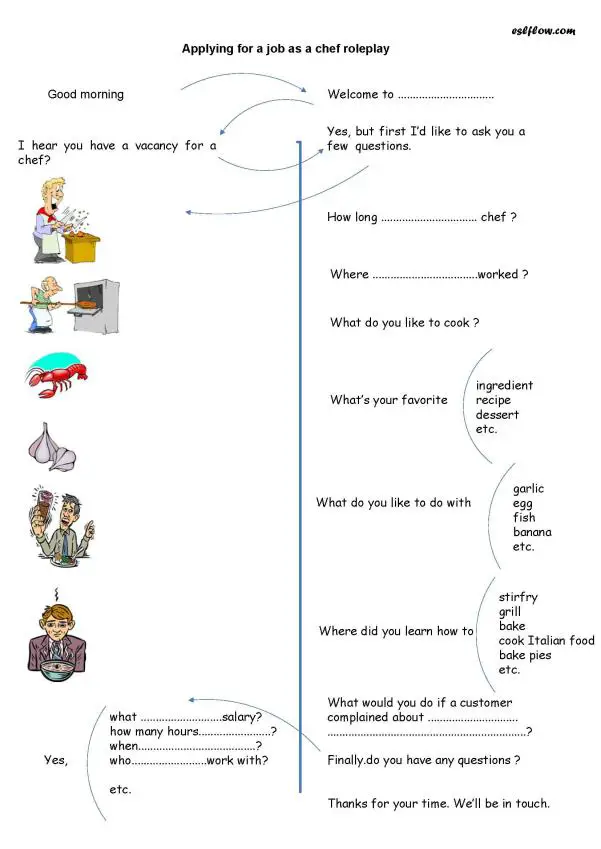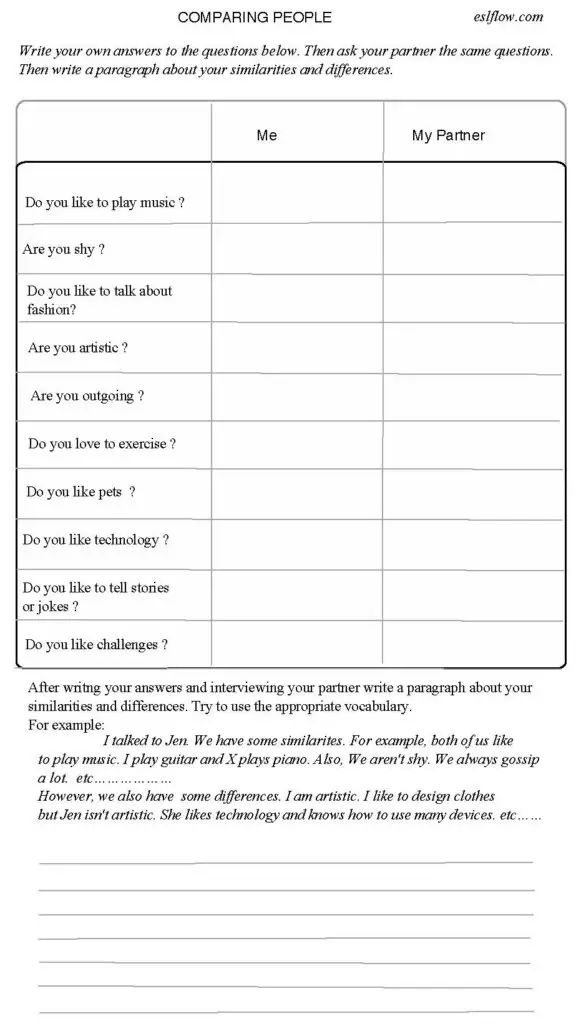Cool Jobs – A Brainstorming & Debate Role Play Speaking Lesson Plan
(Cool Jobs PDF here )
INTRO
This is a lesson appropriate for pre-intermediate and intermediate ESL/EFL students. It would be a suitable activity for using with career vocabulary or with comparative adjectives and nouns.
STEP 1
Have a list of jobs prepared. Mix in some unusual ones with the more pedestrian jobs.
STEP 2
Write a job title on the whiteboard. Sometimes I choose “BABYSITTER”. Brainstorm beneath this heading the “pros” of being a babysitter. It is important to make the students realize that for this part of the activity they have no choice. They are only going to think about the positive aspects of the job. You might lead the students into the activity by choosing one or more students and asking them questions to get them thinking:
“You are a babysitter, you like your job, why?”
“You work in a home. Why do you like it?”
“You like working with children, why?”
“You often work at night, what are the advantages of this?”
“It’s different from working in an office. How?”
While you are asking the students questions like these start writing the answers on the board in note form as below:
Babysitter (Pros)
You can watch TV
It’s comfortable.
Children are fun.
Babysitters have free time during the day.
No taxes.
Food is usually free.
No pressure.
You can read books.
Work in a friendly environment.
No boss hanging over your shoulder.
STEP 3
Group the students in pairs, give them an A4 sheet of paper and get them to choose a job and begin writing a list as you modeled on the board (see above).
STEP 4
After a few minutes, rotate the lists around to give each pair fresh brainstorming material. Push the students to think of new ideas as this will make for better and more lively debates in the next part of the lesson.
STEP 5
When the A4 sheets are just about full stop the students. Pick up one of the “Job Pros Sheets” and introduce the notion of a debate if the students aren’t familiar with it.
STEP 6
Select a pair of students and make sure they are aware they are supporting the job from the job pros sheet they are holding.
Supposing they are holding the “Chef”s Assistant Pros” sheet and you (the teacher) are holding the “Babysitter Pros” sheet you might start the debate by saying:
“Being a babysitter is better than being a chef’s assistant because it’s easier work and you don’t have a boss watching you”.
A student might reply:
“But being a chef’s assistant is more useful because you gain work experience and learn about food”.
This TEACHER-STUDENT exchange (which can be carried on as long as you like because both sides have plenty of firepower ready from the A4 sheets) usually kickstarts the debate process .
STEP 7
Put the students in opposing pairs and let them go. Rotate the sheets and jobs every so often to give the pairs new and fresh debating material. This debate activity is wonderful because all the students are engaged all the time and the subject material (careers) is something most people have strong feelings about. Often classes can talk for 30- 60 minutes with the material they have created.
Related Resources
Listening exercises for English language classes
9 Super Elementary Speaking Exercises
5 Elementary Create a Conversation Exercises for Speaking Classes
5 Elementary Conversational Expressions Exercises
5 First Day Activities for an ESL Class
10 Really! Elementary ESL classroom icebreakers
7 Essential Speaking Activities for ESL Classes
12 Great Icebreakers to Start a Class
8 Invitation and Request Dialogues for Everyday Scenarios


